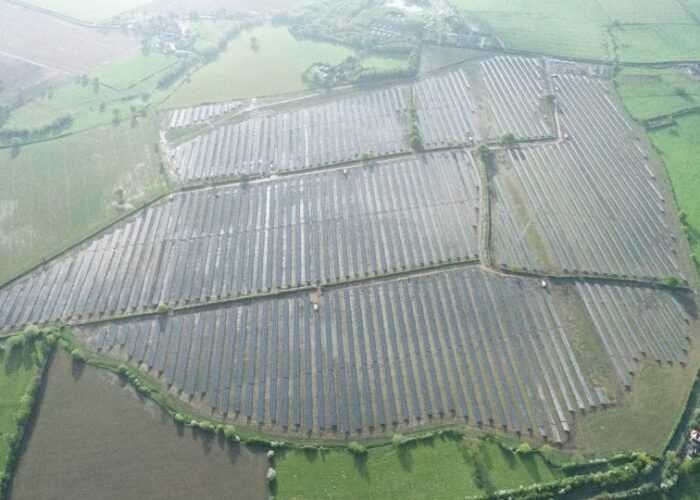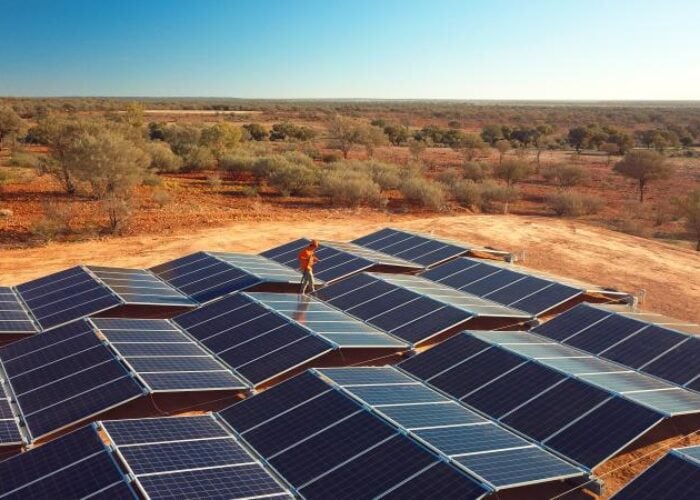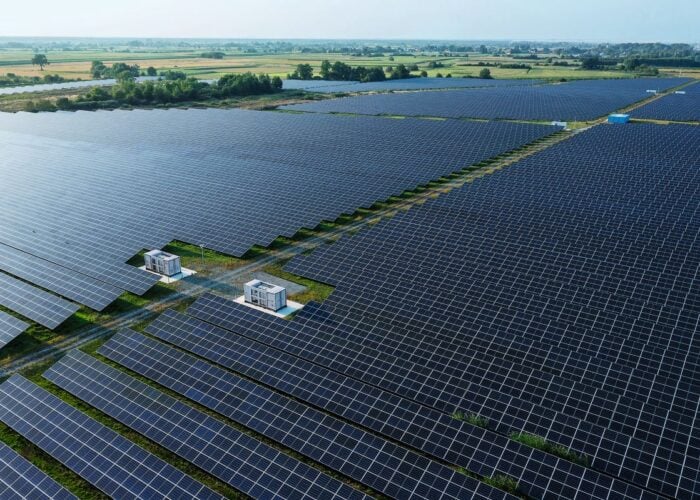
The UK’s Climate Change Committee (CCC) has called for a “long-term ambition” for solar and other renewables.
It released two progress reports last week (24 June), detailing how well the nation was adapting to climate change and what advancements it had made in cutting emissions. Within this latter publication it recommended renewables grow to meet 70% of the UK’s electrical demand by 2035, a significant jump from the 29% they accounted for in 2020.
Unlock unlimited access for 12 whole months of distinctive global analysis
Photovoltaics International is now included.
- Regular insight and analysis of the industry’s biggest developments
- In-depth interviews with the industry’s leading figures
- Unlimited digital access to the PV Tech Power journal catalogue
- Unlimited digital access to the Photovoltaics International journal catalogue
- Access to more than 1,000 technical papers
- Discounts on Solar Media’s portfolio of events, in-person and virtual
Or continue reading this article for free
This growth could be aided by the Contracts for Difference (CfD) scheme, but “clarity is needed on the auction schedule and pathway of volumes to be procured to 2030,” the report states, echoing a recent call from trade association Solar Energy UK.
Solar was reintroduced into the CfD scheme as a Pot One technology last year following a six-year hiatus and is set participate in the country’s next auction, which is expected to contract for up to 12GW of new capacity.
To ensure solar technology grows in line with the CCC’s net zero recommendations, the UK must hit 40GW of solar PV by 2030, Solar Energy UK stated in its recent report Lighting the Way. Along with further clarity on the CfDs, it also called for changes to business rates, clarification on the NSIP threshold and an ambitious Future Buildings Standard.
The cost of solar has fallen dramatically in recent years, the CCC noted, pointing to research from the International Renewable Energy Agency that showed that over half of installed renewable electricity generation capacity in 2019 globally was cheaper than new coal plant alternatives. This has helped drive the solar sector in the UK, but with electricity demand expected to grow by 50% by the middle of the century, more is still needed.
Pressure is mounting, with green NGOs, trade bodies and now the CCC calling for ambition around solar energy, said Solar Energy UK chief executive Chris Hewett.
“We need to deploy this affordable, proven technology as fast as possible to ensure we can meet the clean power needs of a net zero economy. We will go faster with some timely interventions from Government.”
For more on the CCC’s progress reports see PV Tech’s sister site Current±.







